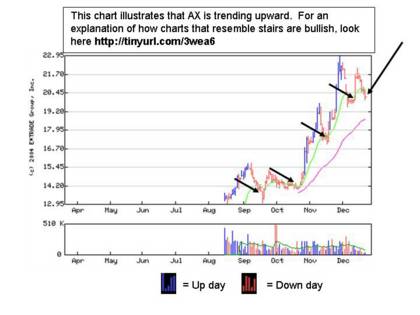At approximately 10:00 PM (EST) this evening, The Financial Times published this story regarding Regulation NMS titled, "SEC Change Would 'Threaten NYSE Traders'." You can read it here:
http://tinyurl.com/5x4ps
Since there's a chance that the link above may not work in subsequent days you can read the article below:
SEC change 'would threaten NYSE traders'
By David Wighton in New York
Published: December 15 2004 02:00 | Last updated: December 15 2004 02:00

The Securities and Exchange Commission is today expected to propose a change to US stock trading rules that experts believe would undermine the traditional floor-based auction system of the New York Stock Exchange.
The five commissioners of the chief US financial regulator are expected to vote to publish the proposal for public comment in the final step of the long consultation on so-called Regulation NMS.
The new proposal would ban a stock trade being done on one market at a worse price than that on offer anywhere in the displayed order book of another market. The SEC's original proposal, on which it sought public comment, limited such "price protection" to the best prices on offer at each market.
Supporters and opponents of the new proposal agree that it would threaten the floor-brokers on the NYSE and their practice of holding orders in reserve before exposing them to the auction. It is less clear if the reform would have a serious impact on the "specialists", who match buyers and sellers in NYSE-listed stocks.
Critics of the proposal - including the NYSE, Nasdaq and some leading brokers - are concerned that it could reduce competition between markets by making it less important which market an investor places an order on. There are also opponents within the SEC who are expected to argue for the original proposal to limit price protection to the "top of book".
Supporters of the new proposal argue it would be good for investors and the increasing use of sophisticated trading technology means it would be only a matter of time before it was implemented anyway.
The SEC first published proposals to reform stock trading rules, including the price protection provided by the "trade-through" rule, in February.
Some institutional investors had become increasingly frustrated that the trade-through rule was forcing them to use the NYSE, which usually displays the best price, instead of faster electronic markets.
Revised proposals appeared to attract widespread support with the exception of Fidelity, largest mutual fund manager.
However, some of the responses to the consultation suggested that price protection be extended to "depth of book".
Three weeks ago it emerged SEC officials were recommending just such a change and that the commissioners would be asked to vote on the revised plan without further consultation. After lobbying, the SEC agreed to propose another period of public comment.































